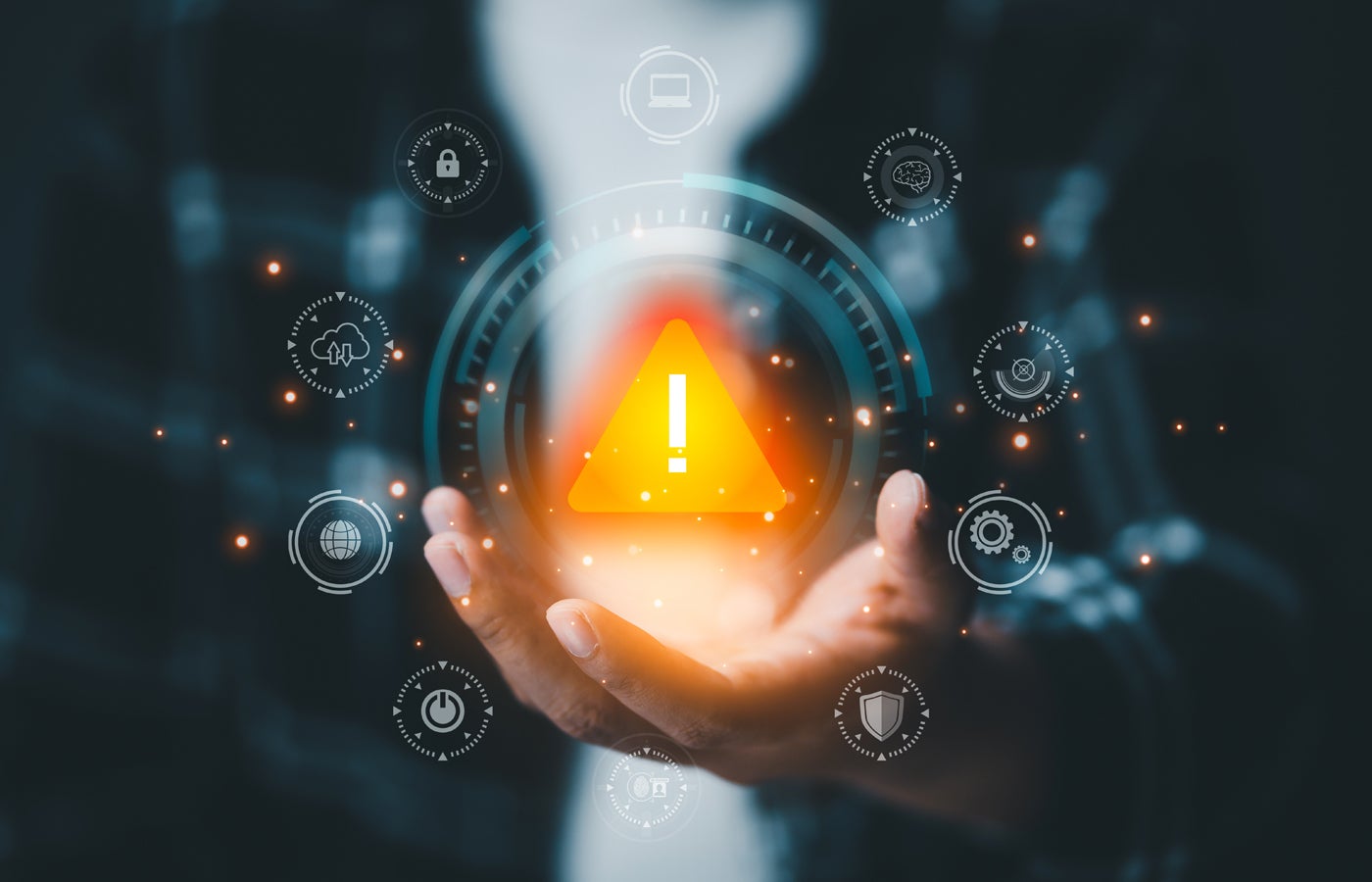In the fast-paced world of innovation, every breakthrough carries with it the risk of missteps, miscalculations, or under-promises.
The biggest tech story of 2024 — the CrowdStrike outage that hit businesses and consumers across the country — was also one of the year’s most notable failures. But CrowdStrike’s story is more than a story of failure—it’s also a testament to resilience and recovery.
TechRepublic has rounded up the year’s biggest tech flops and examined how they were solved — or left unresolved.
SEE: These are the hottest cybersecurity news of 2024.
A CrowdStrike bug left travelers stranded in the middle of mass blue screens of death
On the morning of Friday, July 19, cloud security platform CrowdStrike released a content configuration update for Windows. A flaw in the Content Validator used in the update caused a cascade of errors that spread to CrowdStrike customers. This customer group included about 8.5 million Windows devices in businesses, airports and emergency services.
CrowdStrike fixed the issue on their end 78 minutes after the update. However, the affected machines had to be restarted manually, which caused a lot of work for their team over the weekend.
Major data breaches affected communication networks and personal data
Two major data breaches have reminded cybersecurity professionals to stay alert. In August, Britain’s National Public Data, a consumer background check service, suffered a breach that exposed social security numbers among 2.7 billion data records. The use has sparked conversations about the legal protection of personal data.
In September, the Wall Street Journal reported that a China-linked threat group gained access to US broadband networks, specifically through Cisco routers. US and international cyber security agencies have issued warnings about the threat known as Salt Typhoon.
Google AI Overviews faced a “rocky” start
Google introduced its AI-powered search answers this year with mixed success. In May, the AI’s answers went viral as Google apparently recommended “eating at least one small rock a day” and confidently repeated a political conspiracy theory. The comment about the stones was taken from a satirical website and the conspiracy theory is from Reddit. In response, Google limited user-generated content in AI reports and worked to detect “senseless queries”.
The situation showed the limits of how generative artificial intelligence obtains information from the Internet.
Privacy applies to Microsoft’s Recall cloud
2024 was the year of AI computing, and many different tech companies were racing to see which AI features would gain the most traction.
Microsoft has bet on the appeal of using artificial intelligence to control computers or search for files using natural language. Its Recall feature promised intuitive answers to questions like “Where did I put the confirmation email for Saturday’s restaurant?” But that convenience came at a cost: recall captured images of active windows every few seconds, saving them as a timeline, raising privacy and usage concerns give.
Microsoft postponed Recall’s public appearance. As of December 6, Recall is available in preview for Windows Insiders.
Wearable AI is rising—and falling
Two new AI products experimented with the form factor this year.
The Humane pin was designed as an artificial intelligence assistant pinned to clothing, while the creators of the Rabbit R1 designed it as a smartphone replacement. The pin received generally negative reviews and a fraction of expected sales. Rabbit R1 followed a similar path. These devices are smart because generative AI could open up new possibilities for form factors.
Both the Humane and Rabbit devices are still for sale. However, widespread adoption of these form factors – including smart glasses – has been an uphill battle even for the tech giants. Finally, wearables with artificial intelligence were a dead end in 2024.
Intel has had a tough year
13th and 14th generation Intel Core desktop processors have been subject to widespread instability and crashes for years. Intel discovered a flawed microcode algorithm that caused problems this summer. They finally delivered a patch. Intel shares and market share have fallen as rivals NVIDIA and AMD capitalize on the generative AI boom. Intel may recover if CPU sales improve next year, but for now they’ve missed the boat on the hardware AI boom despite a portfolio of solid products.
Tesla’s autonomous products stand on shaky foundations
Tesla’s ambitious self-driving regime has faced several setbacks since last year’s mass recall, including the National Highway Traffic Safety Administration investigating the automaker over four specific crashes. Further investigations linked the self-driving mode to dozens of deaths. Tesla’s Q4 vehicle safety report claimed that Autopilot had fewer accidents per million miles than the average American vehicle.
Meanwhile, other reports have revealed that many humanoid Tesla robots have been operated by humans. Tesla has doubled down and released a video of the robot Optimus working “alone” in the factory.
Electric car sales have fallen in 2024 as other automakers have matured in the “green” market, although Tesla remains a strong contender.
